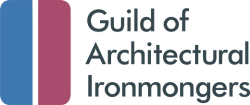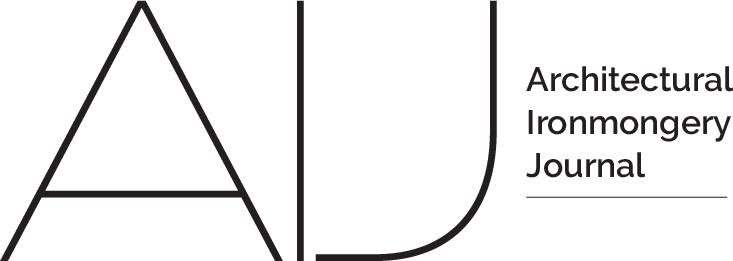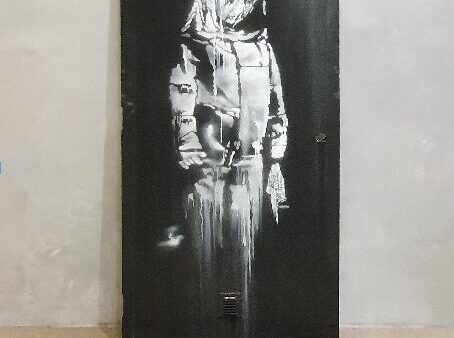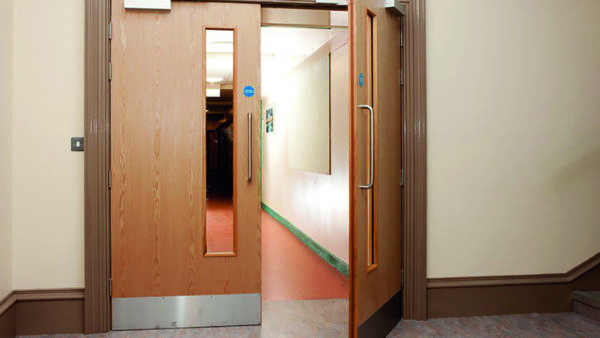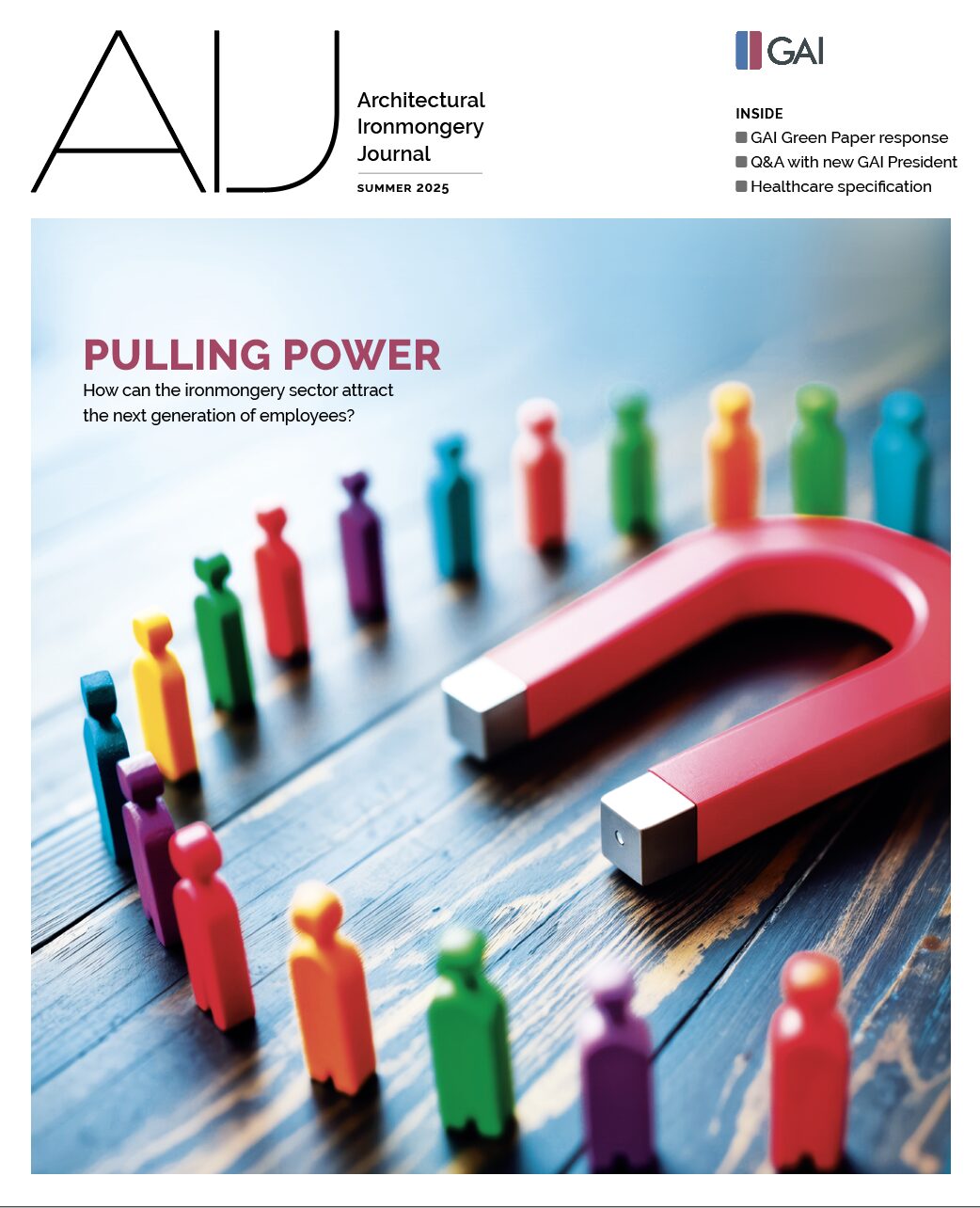One of the most influential British Standards committees has shaped hardware standards from infancy to the current post-Brexit, post-Grenfell landscape. Throughout, it has been chaired by GAI and its influence has never been more crucial.

The BSI Committee B538/4 is an influential committee focusing on building hardware products. The GAI has been heavily involved in shaping outcomes both historically and currently. Graham Shirville, joint chair of Allgood plc and veteran of GAI committees, chaired the committee in the 1980s, handing over to Paul Duggan in the 2000s who, in turn, has recently passed the baton to GAI technical manager Douglas Masterson who is the current chair.
Shirville’s reign took place when the UK operated in a pre-single market, pre-CE Marking landscape. Building hardware standards did not include quality requirements for ironmongery so he was influential in developing the performance standards we now take for granted.
“It was a watershed moment,” he says. “We were in Europe and the single market brought in European CEN standards which meant we were a working group within a CEN committee. We had a blank sheet of paper to work out what standards we wanted for which products. We had a passion and an intent to make ironmongery safer and more durable.”

Fast forward to 20002 and Paul Duggan, certification manager at Warringtonfire and former GAI technical committee chair, took over as chair of the committee. “Once we had a set of standards for hardware – hinges, door closers, emergency exits and panic devices, locks etc – Europe had caught up and started to understand hardware a lot more. We had to fight our corner as the UK to maintain or improve standards,” says Duggan. “CEN consultants, responsible to the European Commission, were becoming more active in standards writing and German European manufacturers were becoming very dominant at meetings. So our chair role became crucial to ensure we didn’t lose the opportunity to tackle the main issues.”

Shirville cites it as “another watershed moment”. “CE Marking was created by the Europe Commission as part of the ‘Single Market’ developments. Recently however, lawyers became involved with standard creation and tried to remove all the categories we love and valued. I could see all the performance level requirements were in danger of disappearing.”
Choppy waters ahead
Duggan adds: “CE marking was intended to mean something in terms of performance and durability but it looks likely that it will just be a legal regulation with no minimum thresholds required. So simply a mark to enable free trade.”
As the built environment awaits the final Grenfell report Shirville says the work of the committee will become even more important. “We are now out of Europe so our hands are not tied as tightly as they were, so there is now an opportunity to make our standards better. In the post-Grenfell world there is a lot of work to be done in the UK. This committee will have a much more important role now.
Shirville predicts challenges and opportunities. “There are choppy waters ahead. But there is an opportunity to refine our standards to suit our market. Hopefully, we will be able to keep classes and thresholds which exist in the current standards. For example, fire doors in UK are different to those in Europe so our door closing device standards need to be different. There is an awful lot going on.
We can already manufacture high efficiency, safer, door closers and we want everyone to rise to that level. The Grenfell report, when it comes out, will be asking our industry questions about door closers and I hope we have the answers. We need to be making positive statements
Graham shirville
“We can already manufacture high efficiency, safer, door closers and we want everyone to rise to that level. The Grenfell report, when it comes out, will be asking our industry questions about door closers and I hope we have the answers. We need to be making positive statements.”
Duggan agrees. “There is a lot of uncertainty as EN standards have been unable to be changed or revised for many years now, but we are not standing still. We have a bit more freedom to look at UK Designated Standards and we know we can do better than this. We have to stand up and be counted and look to improve standards. Douglas’s role as chair affords us the potential to look at the standards on existing products and new ones. There is a lot of work to come. Any changes to standards will come where they potentially deviate from the EN version and be written by UK industry via BSI and we will be at the sharp end.”
